A set of 3 worksheets to help your students identify descriptive and figurative language in narrative texts.
Identify Descriptive Language in Context
It is one thing for our students to understand the meaning of grammar-related terms such as verb, adverb, noun, and adjective. It is another thing altogether to be able to identify these key grammatical elements in context!
This set of three worksheets has been designed to help your students identify descriptive and figurative language features in age-appropriate imaginative texts. Students are required to read the three narrative texts provided, then identify and color-code the descriptive and figurative language features. These include verbs, adverbs, adjectives, direct speech, onomatopoeia, and emotive phrases.
The texts included are:
- The Thunderstorm
- The Forest Path
- The Park
Answers for teachers are also provided.
Tips for Scaffolding and Extension
We understand that there is a huge range of diverse learning abilities in any classroom, and that catering to every child’s needs is never easy! Here are some suggestions for catering to both above- and below-level learners while implementing this resource:
Pre-teach the Lingo
Before working on the worksheets, pre-teach (or re-teach) key vocabulary with your students. Students will need to have a firm understanding of what verbs, adverbs, nouns, and adjectives are before attempting the worksheets. Should some students need a reminder, refer them to your classroom grammar display for assistance.
Create Your Own
Challenge fast finishers or students requiring extension to create their own short narrative, making sure it includes descriptive elements such as those contained in the worksheets. Have them choose certain elements to be color-coded. Once complete, have students swap their texts to be color-coded by a partner.
Download the File Format That Suits You
Use the dropdown arrow next to the Download button to choose between the Google Slides or PDF version of this resource.
Because this resource includes an answer sheet, we recommend you print one copy of the entire file. Then, make photocopies of the blank worksheets for students to complete.
Additionally, project the worksheets onto a screen and work through them as a class for a paperless lesson!
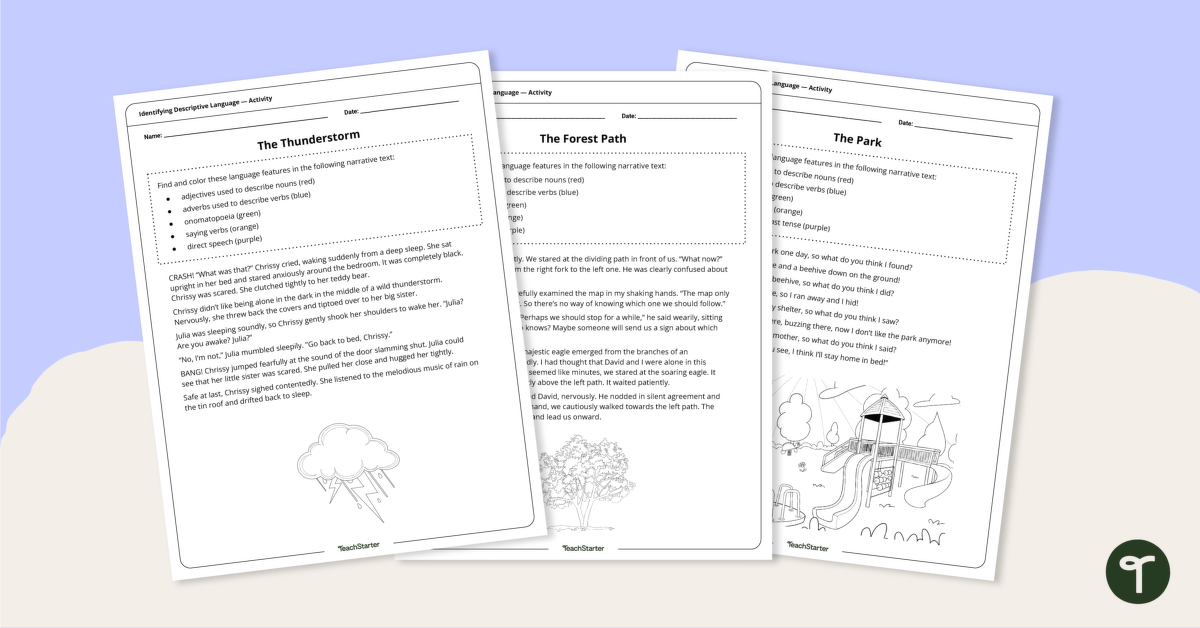

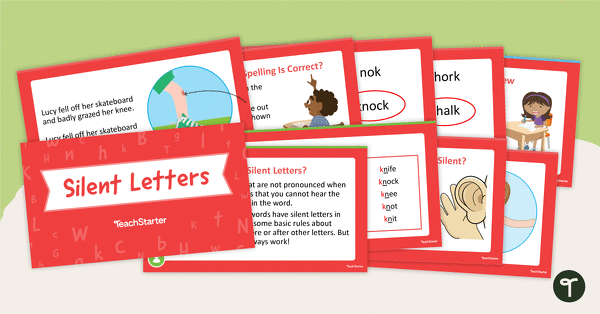
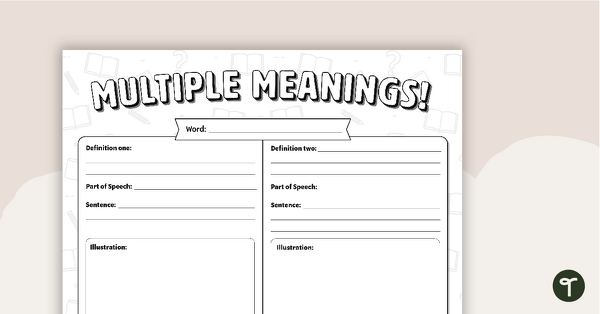
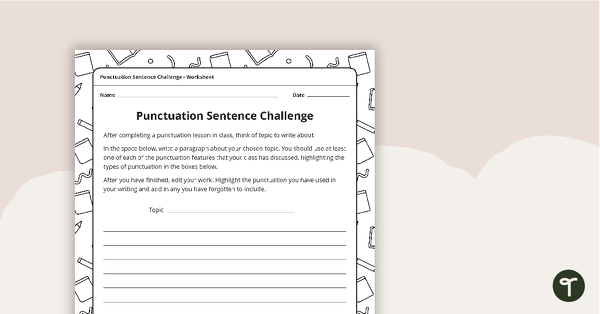
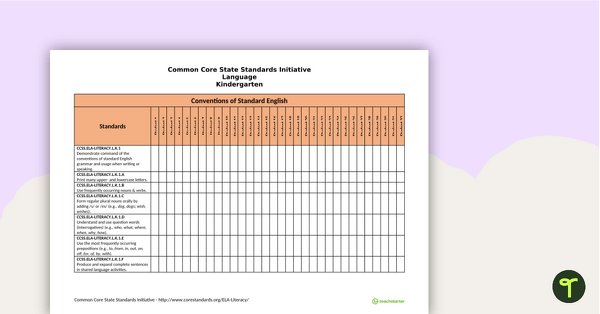
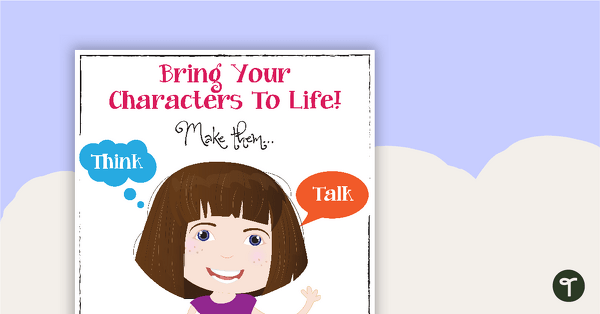
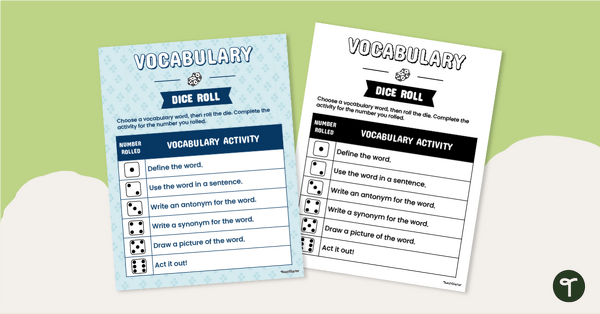
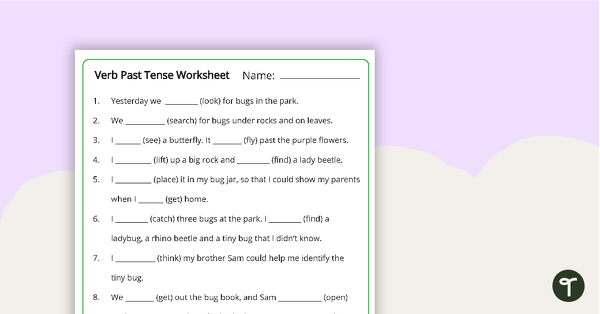
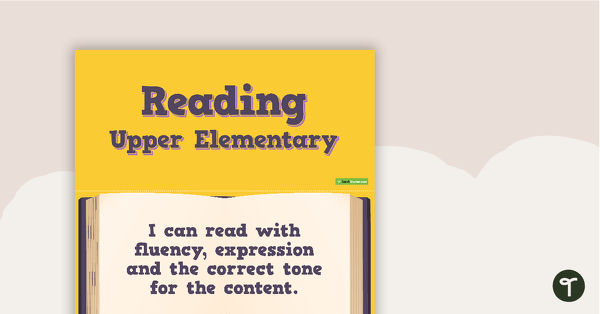
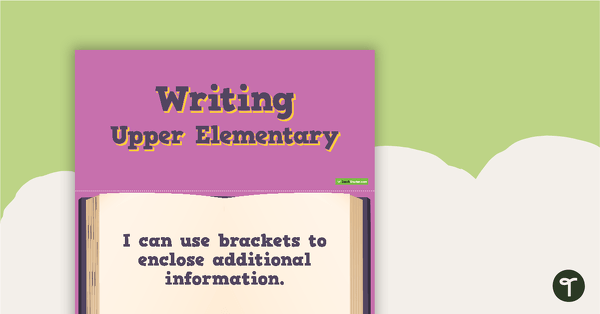
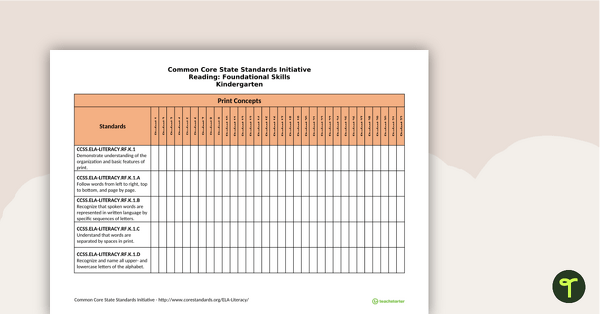
0 Comments
Write a review to help other teachers and parents like yourself. If you'd like to request a change to this resource, or report an error, select the corresponding tab above.